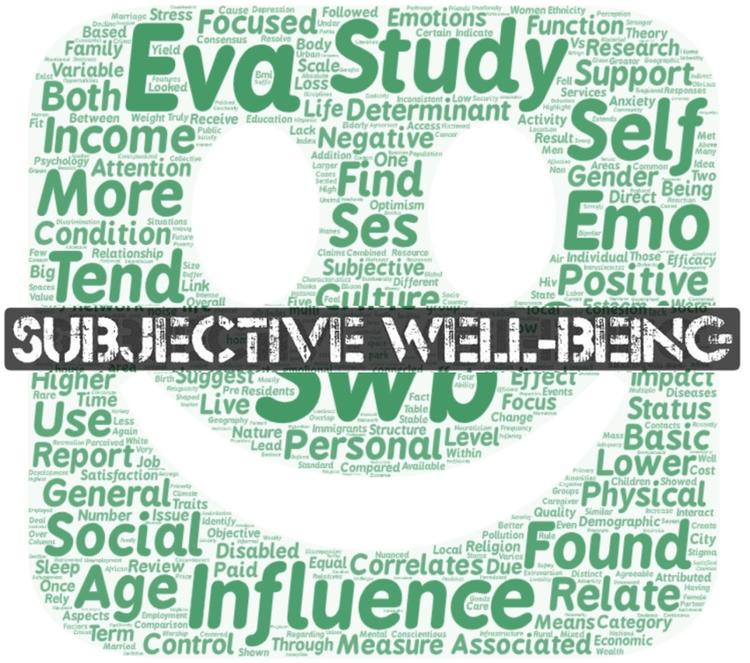
A new literature review in Public Health Reviews assesses studies of subjective well-being across the fields of psychology and public health.
Well-being has long been considered key to the creation and maintenance of healthy,
productive societies. To this end, many countries use objective proxies to estimate wellbeing,
such as income, literacy, and life expectancy, as well as subjective measures, such
as how life is perceived and experienced by individuals. This approach to measuring
perceptions and life experiences is called subjective well-being (SWB), which has been defined as “a person feeling and thinking his or her life is desirable regardless of how others see it.”*
SWB has been studied in a wide variety of fields, but theoretical and empirical findings have rarely been consolidated across studies to provide new insights into research directions, particularly across disciplinary boundaries. This literature review assesses SWB studies across the fields of public health and psychology, suggesting strategies to potentially improve the link between theory and empirical research. The researchers find that the lack of a clear, unifying theoretical basis for categorizing and comparing empirical studies can potentially be overcome using an operationalizable criterion that focuses on the dimension of SWB studied, measure of SWB used, design of the study, study population, and types of determinants and correlates.
The review, “Understanding subjective well-being: perspectives from psychology and public health,” was published in Public Health Reviews by Kirti V. Das, Carla Jones-Harrell, Yingling Fan, Anu Ramaswami, Ben Orlove, and Nisha Botchwey. This research was conducted as part of the Sustainable Healthy Cities Network, a collaboration funded by the National Science Foundation’s Sustainable Research Network (award number 1444745) between universities, cities, governments, nongovernmental organizations and industry partners working together to develop the science and practical knowledge necessary for achieving sustainable, healthy and livable cities.
*Diener E. The science of well-being: The collected works of Ed Diener: Springer; 2009.

